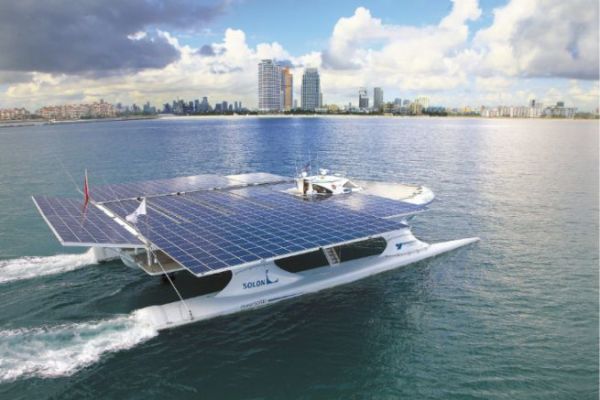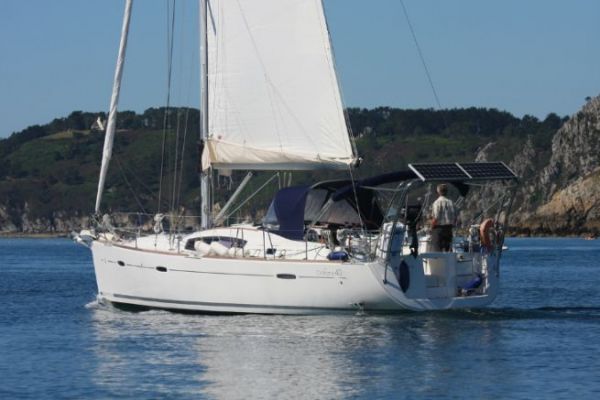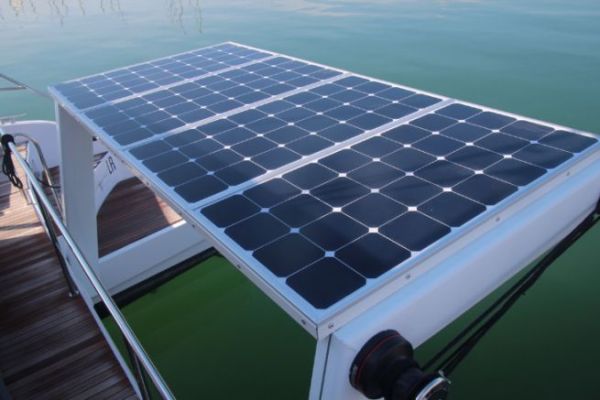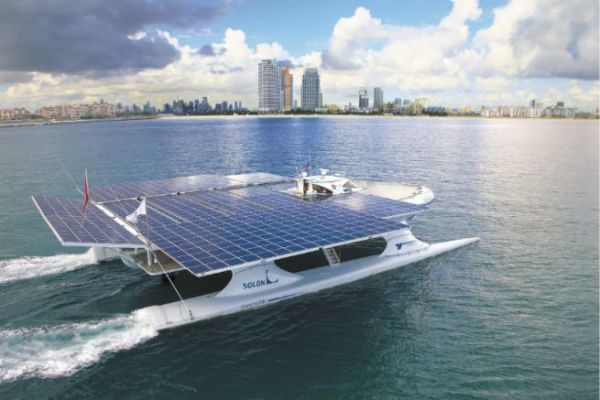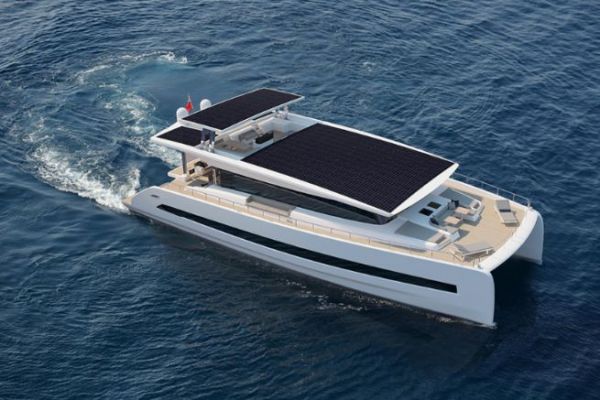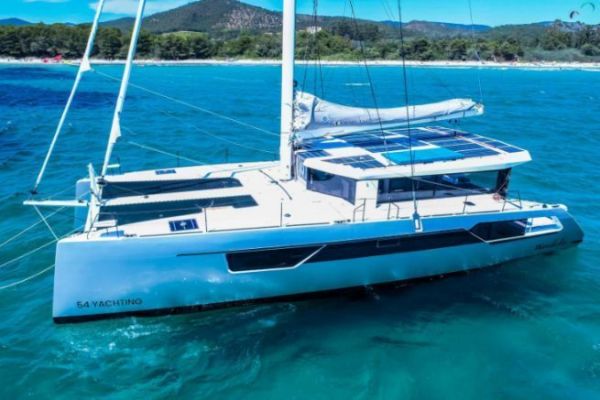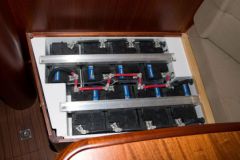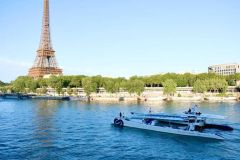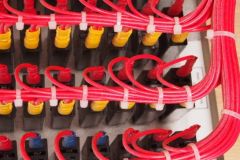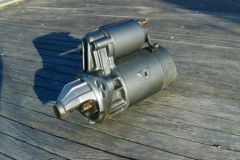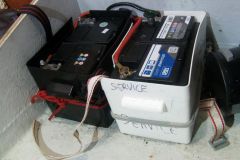The first criterion for deciding between a flexible or rigid panel is, of course, where the panel is going to be installed. If you don't have a flat surface, the choice is quickly made. On the other hand, if both options are available, it's best to consider the advantages and disadvantages of both systems.
Rigid solar panels, cheaper and more efficient
Pros :
- 1. Energy efficiency: Rigid solar panels tend to be more efficient in terms of electricity production per square meter than flexible panels.
- 2. Durability: Rigid solar panels are generally more durable and have a longer lifespan than flexible panels.
- 3. Lower cost: In general, rigid solar panels tend to be less expensive than flexible solar panels.
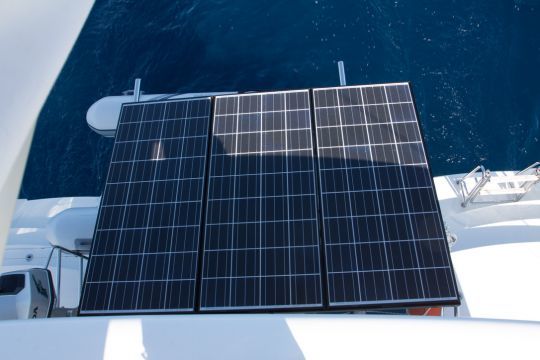
Cons :
- 1. Difficulty of installation on irregular surfaces: Because of their rigidity, rigid solar panels can obviously be more difficult to install on irregular surfaces.
- 2. Weight: Rigid solar panels are heavier than flexible ones, which can be a disadvantage if you intend to install a number of them.
Flexible solar panels, they fit everywhere
Pros :
- 1. Lightweight and flexible: Flexible solar panels are lightweight and flexible, making them ideal for installation on boats.
- 2. Easy to install: Their flexibility means they can be installed just about anywhere, and are easy to attach.
- 3. Discreet: Flexible solar panels can be integrated more discreetly and aesthetically on different surfaces without compromising the overall appearance.
- 4. Shock resistance: They are more resistant to shock and vibration than rigid solar panels, making them suitable for moving environments such as boating.
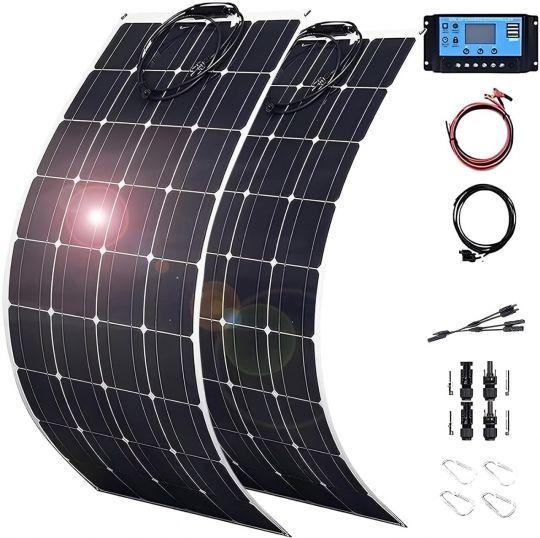
Cons :
- 1. Slightly higher cost: In general, flexible solar panels can be a little more expensive than rigid solar panels, due to their specific technology.
- 2. Less efficient: Flexible solar panels may be slightly less efficient in terms of electricity production per square meter than rigid solar panels.
From there, it's up to you to decide which represents the best compromise for energy production on your boat.
